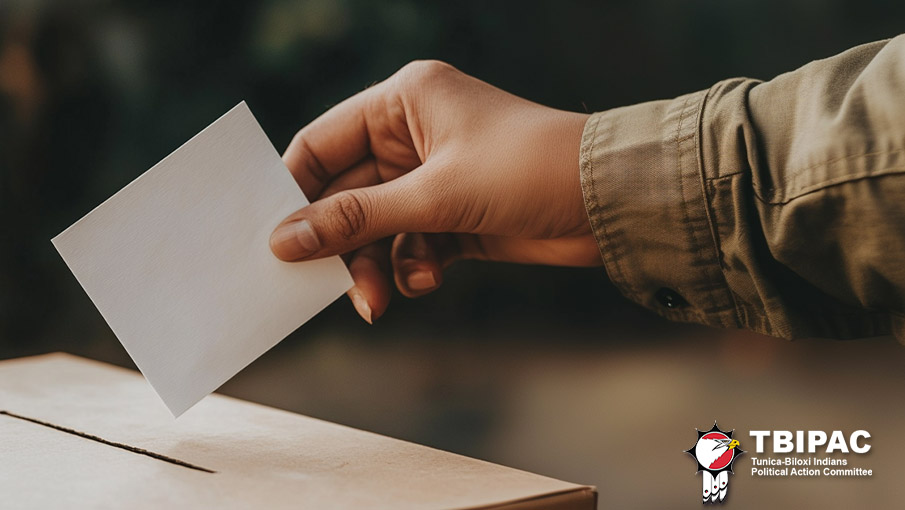In preparation for the 2024 election, Arizona officials are working to provide Navajo-speaking voters with oral translations of the ballot, given that Navajo is a historically oral language. Translating the complex and culturally sensitive propositions, such as those related to fentanyl and abortion, requires careful deliberation to ensure clarity. These translations, made available at polling stations, aim to ensure that Navajo voters who aren't fluent in English can still understand the ballot.
Despite federal laws mandating translations in regions with high concentrations of Native speakers, challenges remain. Arizona counties are struggling with how much information should be translated, with some voters at risk of receiving incomplete translations. Concerns over the omission of crucial "yes/no" descriptions from the translation process have raised questions about whether Navajo voters will have the same access to information as English-speaking voters.
While the state has made strides in providing translation assistance, some, including the Navajo Nation Human Rights Commission, argue that Arizona still falls short of fully addressing the needs of Navajo-speaking voters. Efforts to improve oral translations are ongoing, but the state faces ongoing scrutiny to ensure all voters can meaningfully participate in elections.








